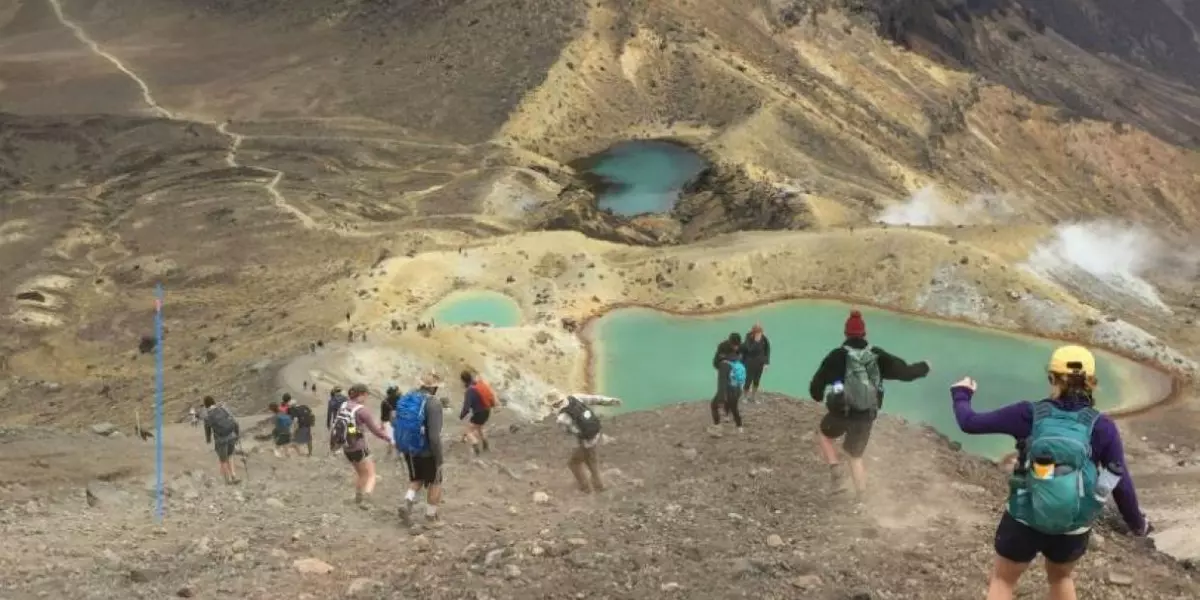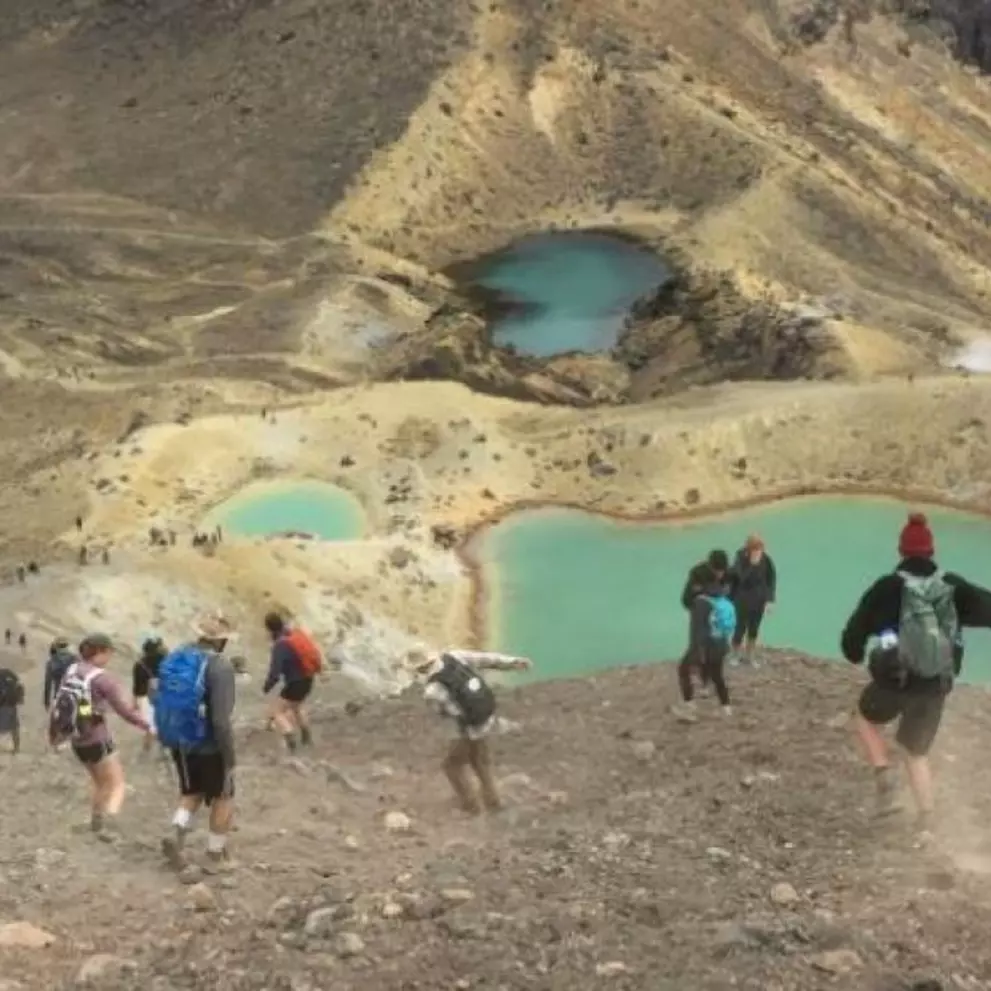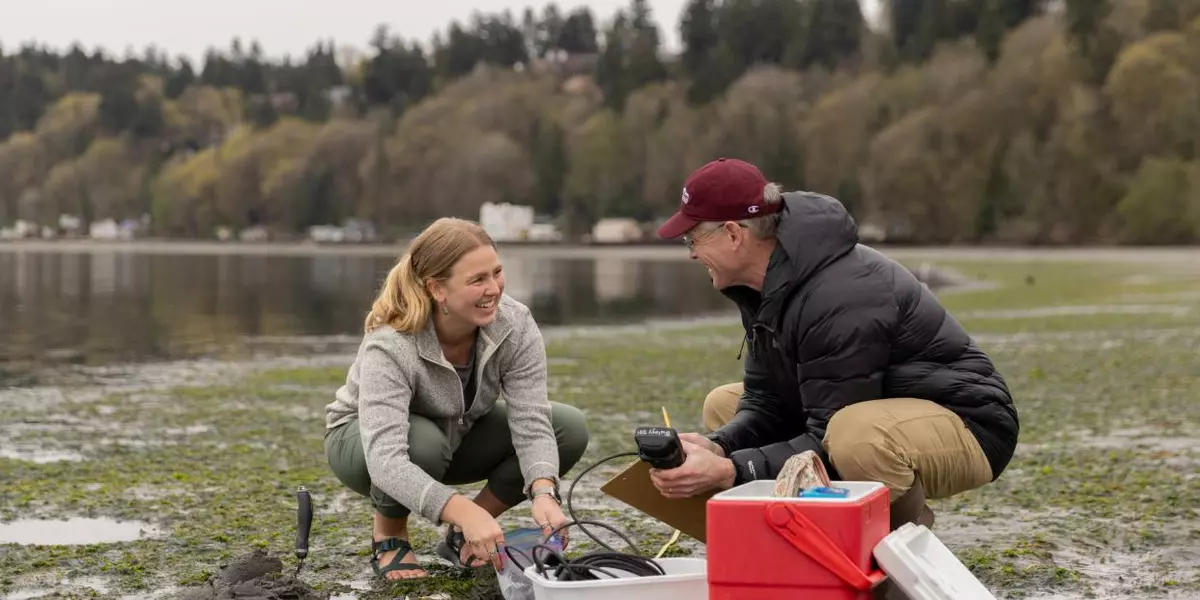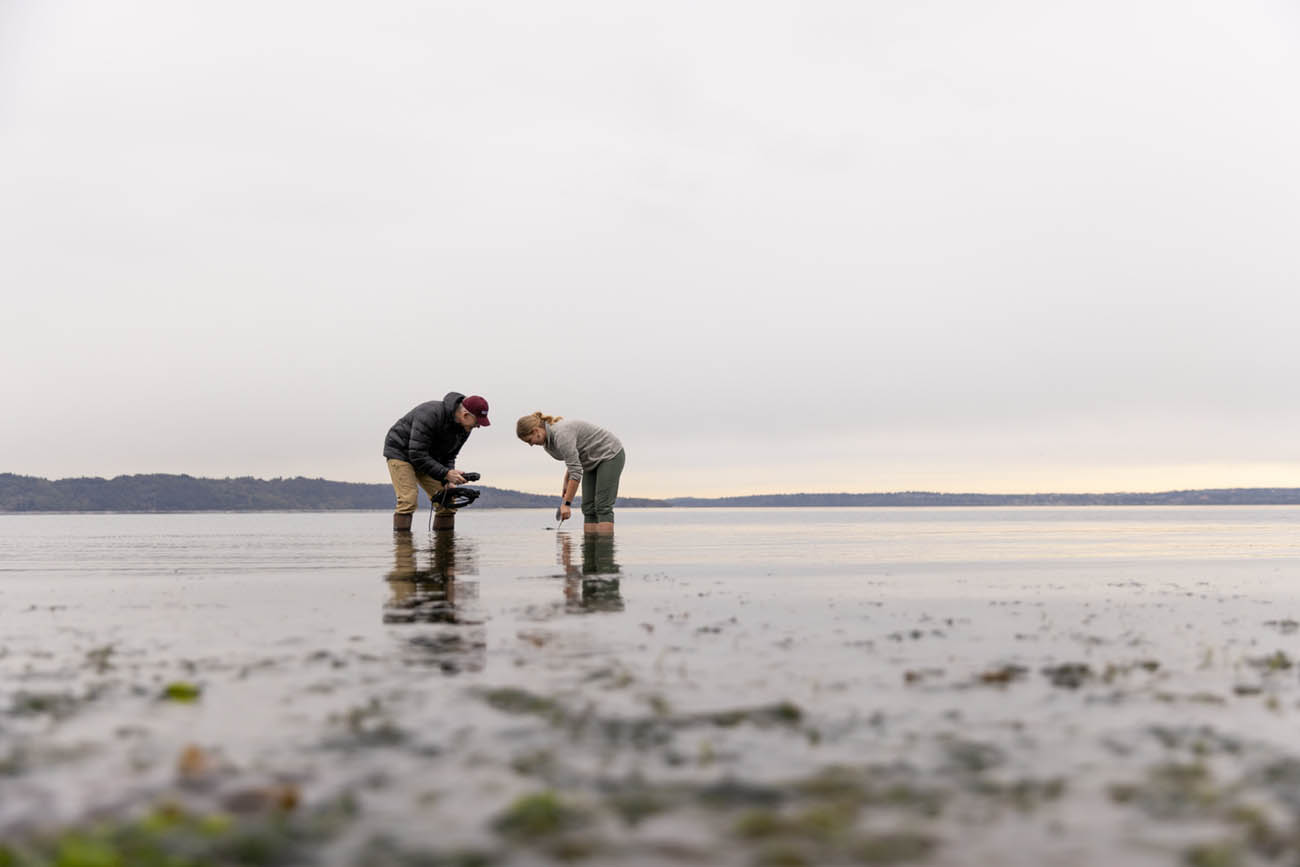WHAT YOU'LL LEARN
- Ways that systems thinking can address environmental problems
- How individual and collective decisions interact with the environment
- Social, political, and economic contexts for decisions on environmental issues
- Using geochemistry to investigate environmental questions
- Interpreting the structural, magmatic, and tectonic evolution of the Pacific Northwest
- Connecting and communicate an understanding of Earth science to other science and nonscience disciplines
WHAT YOU COULD BE
- Fisheries research technician
- Global Ocean Refuge System fellow
- Activist at an environmental NGO
- Environmental compliance expert
- Conservation biologist
- Environmental educator
- Earth science technician
- Outdoor specialist
- Research scientist (government agency, academic institution, or nonprofit)
OVERVIEW
Environmental Studies & Sciences equips students to explore the complex and evolving issues of environmental studies through an interdisciplinary approach combining natural sciences, social sciences, visual and performing arts, and humanities. Through innovative coursework and high-impact community engagement, students gain methodologies and frameworks to understand and promote environmental justice, sustainability, and awareness in this pivotal moment for our planet.
Majors/Minors
- Environmental Policy & Decision Making: A unique offering among four-year institutions, students with a major or minor in EPMD are challenged to explore how policy intersects with environmental issues and emphasizes building relationships in the community to better understand local issues.
- Earth & Environmental Sciences: This major offers an interdisciplinary, science-based curriculum, training students as scientists with the necessary skills to connect human impacts to policy and management.
- Environmental Arts & Humanities: Go beyond data collection and analysis to address the impact of climate change on human populations, using storytelling, the arts, cultural perspectives, and creativity to imagine alternative futures and promote ethical engagement with environmental issues.





















